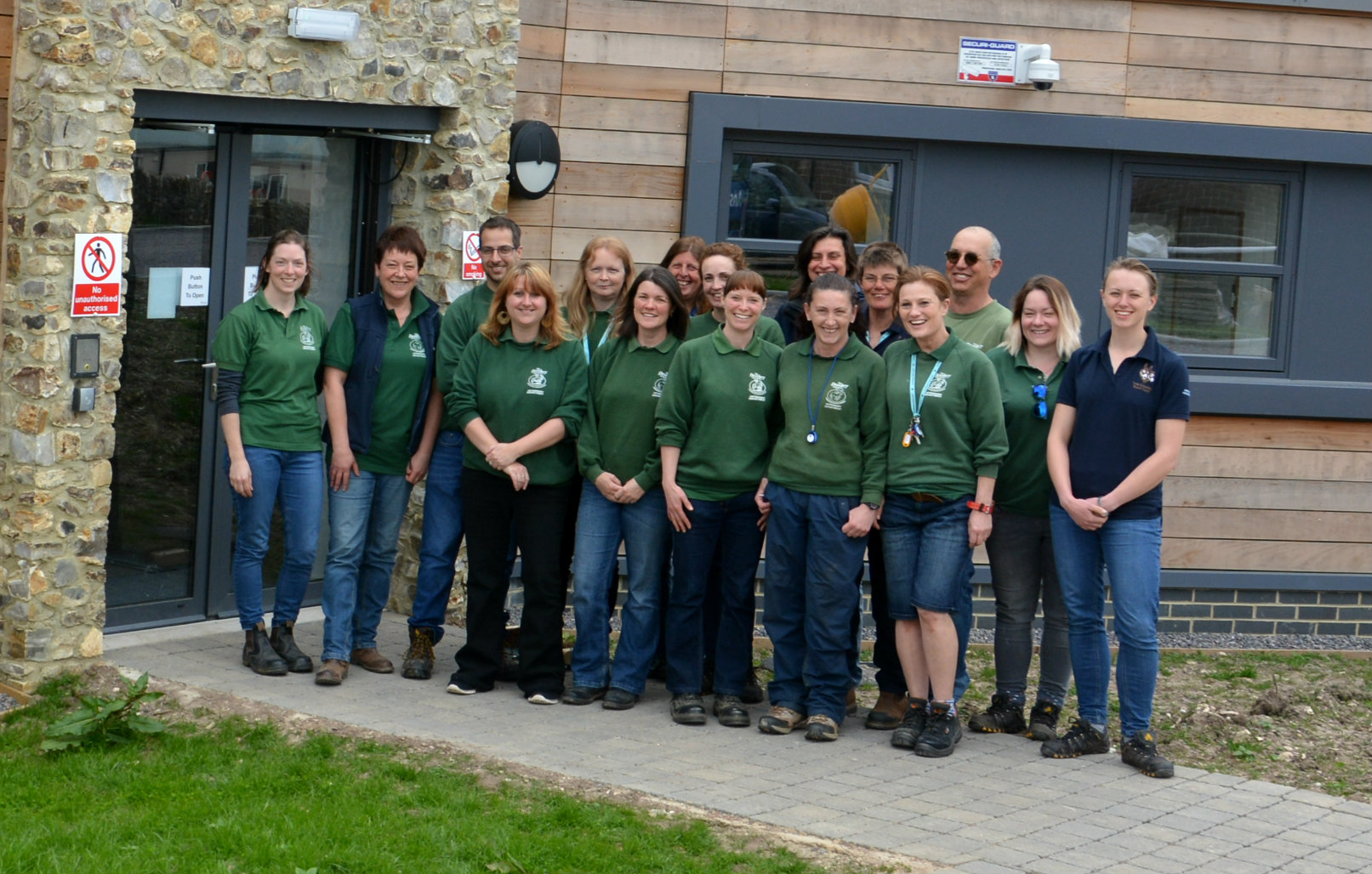The veterinary team consists of nine vets, one intern, five nurses, two qualified equine dental technicians, two grooms and six admin staff. There are members of the team with special interests in dentistry, orthopaedics, internal medicine and behaviour.
Our veterinary hospital has surgical facilities with a diode laser for sarcoid surgery and is well-equipped with a DR x-ray system, mobile and hospital-based ultrasound machines as well as an endoscope - all made available thanks to the generosity of our supporters.
We have an onsite laboratory that runs routine biochemistry and haematology tests as well as faecal worm egg counts and endocrine testing for ACTH and insulin.
The laboratory accepts samples from veterinary practices and, while it is not run for profit, donations are requested to cover the cost of running samples. Take a look at our diagnostics services page to find out more and download a laboratory submission form.
The veterinary team are happy to provide advice to vets and we can also provide CPD to practices. The team also delivers education and training to veterinary schools and farrier colleges.
Donkeys pose several diagnostic challenges of which the most important one to be aware of is their behavioural responses to pain.
- These are often subtle in comparison to the horse and non-specific meaning that a detailed clinical examination including blood sampling is required to aid diagnosis.
- Signs of dullness including lowered head carriage, lowered ears that are unresponsive to stimuli, inappetance, reluctance to move, and isolation from companions may indicate a very sick donkey.
- Donkeys are very susceptible to hyperlipaemia, which can occur as a primary condition but is often secondary to some other disease process.
- Prompt treatment to reverse the negative energy balance and manage any underlying disease is required to increase the chances of a successful outcome.
More information on the dull donkey and hyperlipaemia can be found in The Clinical Companion of the Donkey chapters 7 and 12.
Fact sheets are also available for various conditions and these can be obtained from our technical resources page.
For advice on clinical cases and laboratory results please call 01395 578222 and ask to be put through to the veterinary department.
